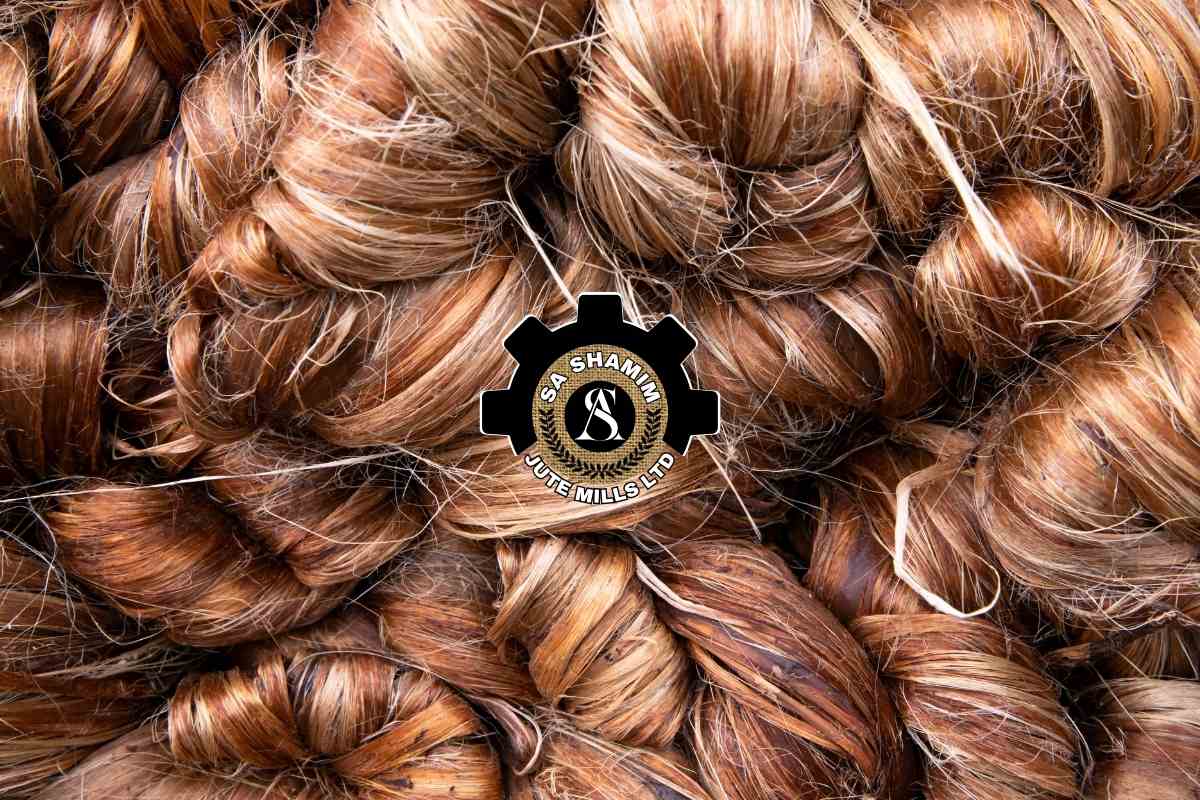Introduction: Decoding Jute’s Significance
In the heart of Bangladesh’s cultural and economic landscape lies a remarkable natural resource known as jute, celebrated as the Golden Fiber. This article delves into the origins of this prestigious title and explores why jute holds such immense significance in Bangladesh’s identity and global trade. Let’s uncover the secrets behind why jute reigns as the Golden Fiber of Bangladesh
The Historical Legacy of Jute in Bangladesh
The Origins of Jute Cultivation: Jute, extracted from the stems of the Corchorus olitorius and Corchorus capsularis plants, has been cultivated in the Bengal region for centuries. Its historical significance spans across various industries, including rope-making, textiles, and packaging materials.
Colonial Footprints: Jute’s Ascendancy in Global Markets
The Colonial Influence: During the British colonial era, Bengal’s jute industry experienced a meteoric rise in demand, catapulting Bangladesh into the spotlight as a leading exporter and producer of jute products. This era solidified jute’s status as the “Golden Fiber” of Bangladesh, symbolizing economic prowess and industrial innovation.
The Agricultural Landscape: Nurturing Jute’s Growth
Cultivating Jute: Bangladesh’s fertile lands, particularly in regions like Greater Mymensingh and Rangpur, provide an ideal environment for jute cultivation. Approximately 80% of the world’s jute output originates from these lush terrains, sustaining millions of livelihoods and bolstering the nation’s agricultural economy.
Economic Significance: Jute’s Role in Bangladesh’s Development
Driving Economic Growth: As a major export earner, jute plays a pivotal role in Bangladesh’s economic landscape, generating substantial foreign exchange and employment opportunities. From rural farming communities to urban manufacturing hubs, the jute industry fuels inclusive growth and economic resilience.
Environmental Stewardship: Jute’s Sustainable Attributes
Promoting Sustainability: Renowned for its eco-friendly credentials, jute cultivation minimizes soil degradation, reduces chemical inputs, and promotes carbon sequestration. Bangladesh’s commitment to sustainable jute practices aligns with global efforts towards environmental conservation and climate resilience.
Global Relevance: Meeting the Demand for Sustainable Fibers
Capturing Global Markets: In an era of heightened environmental awareness, the demand for sustainable fibers continues to soar. Jute, with its biodegradable nature and versatile applications, emerges as a preferred choice for eco-conscious consumers and businesses worldwide.
Conclusion: Weaving a Sustainable Future
In conclusion, the title of “Golden Fiber” aptly reflects the significance of jute in Bangladesh’s socio-economic fabric. As the nation navigates towards a sustainable future, jute remains a beacon of innovation, resilience, and environmental stewardship.
Connect with Us:
- Products: Premium Jute Bags, Yarn & Twine (including Jute Yarn, Jute Rope, Jute Sack Bags, Jute Hessian Bag, Jute Food Grade Bag)
- Export and Local Distribution
- Location: Bokultola, Bochagonj, Dinajpur, Bangladesh
- Contact Information:
- Phone: +8801819823663
- Email: [email protected]
- Website: SA Shamim Jute Mills Ltd



